The Untouchables: Subordination, Poverty and the State in Modern India
In a sensitive and compelling account of the lives of those at the very bottom of Indian society, Oliver Mendelsohn and Marika Vicziany explore the construction of the Untouchables as a social and political category, the historical background which led to such a definition, and their position in India today. The authors argue that, despite efforts to ameliorate their condition on the part of the state, a considerable edifice of discrimination persists on the basis of a tradition of ritual subordination. Even now, therefore, it still makes sense to categorise these people as 'Untouchables'. The book promises to make a major contribution to the social and economic debates on poverty, while its wide-ranging perspectives will ensure an interdisciplinary readership from historians of South Asia, to students of politics, economics, religion and sociology.
{{comment.content}}
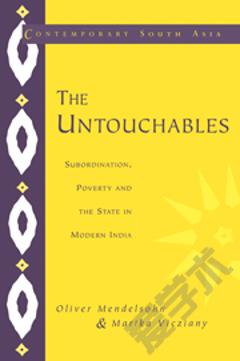
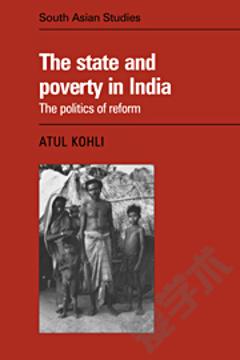

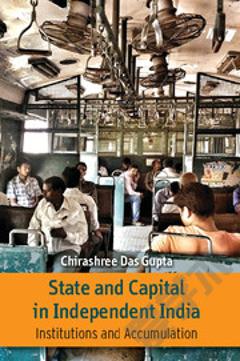
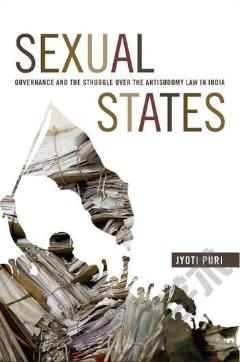
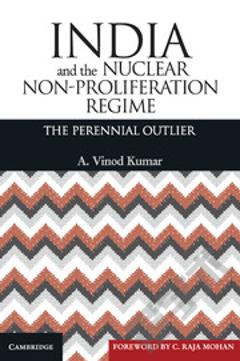
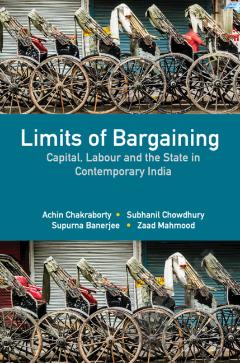

 京公网安备 11010802027623号
京公网安备 11010802027623号